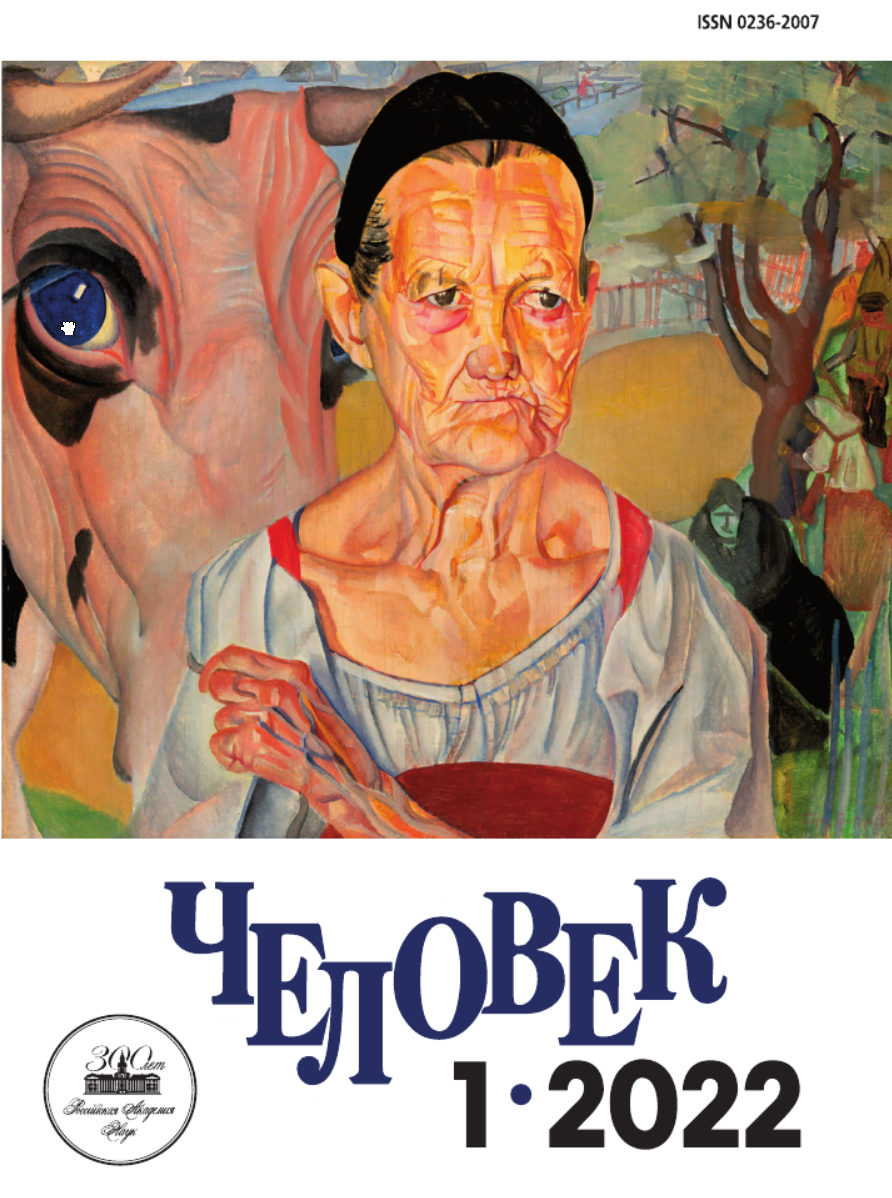Procreative Thesaurus of Things in Human Editing Discourse
Keywords:
human editing, transdisciplinary experience, technoscience, biotechnology, procreation, semiotic oppositions, included third, cognitive complexity, interval approach, identityAbstract
The situation of human editing in a variety of human activity forms requires a detailed analysis from the point of view of practical philosophy in solving the problem of the nature and the need for moral biological improvement. The latter bears the metaphorical name “human editing” and is focused in the field of philosophical problems of biology and medicine, which implicitly implies the relationship between the empirical and the theoretical. Paying attention to the procedural-phenomenological nature of this type of activity, the thought turns to the consideration of the features of transdisciplinarity experience, its foundations, ways of substantiating and validating the results obtained, taking into account primordial reflexive duality of a human, who is able to creatively combine the subjective and objective forms of mental activity, value and semantic meanings with material and objective representation in relations to oneself and external nature.Semiosis of material transformation of human activity fixes sign systems framed by extrema, in which autopoiesis and auto-correction of a person unfolds. The procreative significance of sign systems’ evolution is expressed in the phase transition from the creation of things by man to a critical juncture between the automated creation of things by things and the creation of man by man using artificial procreative technologies, including genome modification. Thepoesisof the transdisciplinary experience of human editing renews the modality of the included third, opening the loop of the fractal replication of binary oppositions by variations of personal moral choice. The ratio of human editing and community improving directly connects bioethics with politics through the normogenesis of law, with a significant time lag from the practice of technosphere formation – the time lag which explains the ontogenesis of intergenerational conflict through the categories of responsibility and direct contact of experience transmission recipients with the environment. The issue of human editing involves the collision between the existential fear of the loss of the human in a person with the heroism of a creative breakthrough in the triumph of the psychology of overcoming, making it possible to view the future of humanity from the standpoint of evolutionary optimism.






